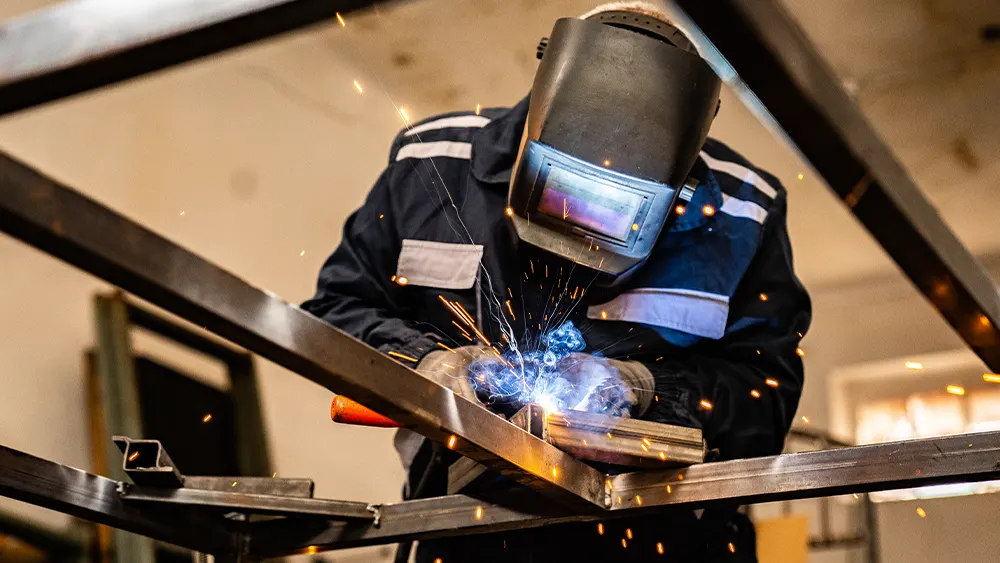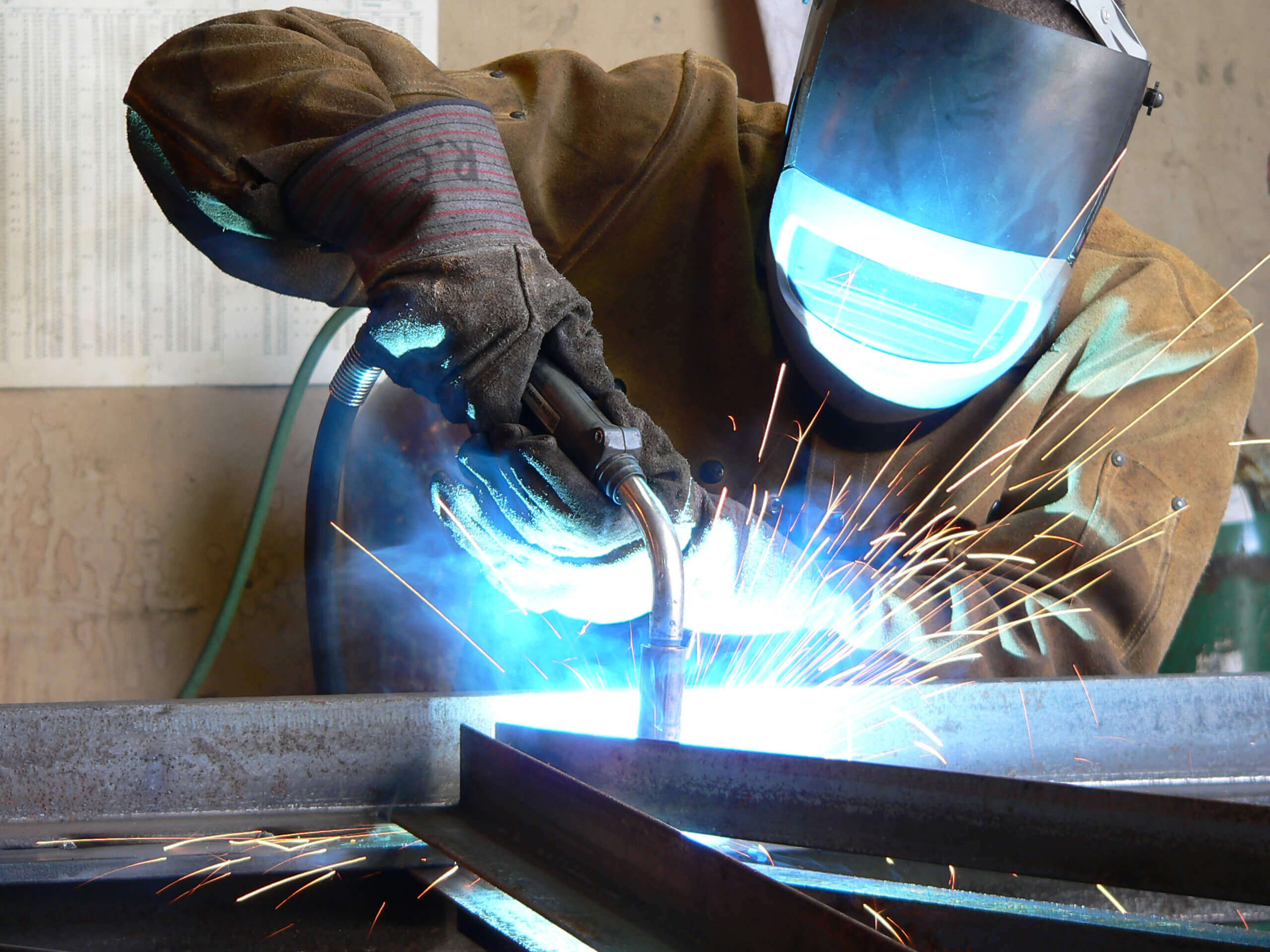Why We Need to Sweat the Small Stuff


If you could run 100 metres one second faster than the last time you ran, would you really care? Unless you're an elite athlete, probably not. What about if you could save 3% on your welding gas? Big deal, eh? However, what about if you could save 3% on gas, 5% on wire, 8% on power, 15% increase in productivity etc etc? You might start to be interested.
Sir Dave Brailsford from Team Sky once said:
"The whole principle of marginal gains came from the idea that if you broke down everything that could impact on a cycling performance — absolutely everything you could think of — and then you improved everything little thing by 1%, when you clump it all together, you're going to get quite a significant increase in performance. So, we set about looking at everything we could."
British Cycling, under the guidance of Sir Dave Brailsford, have been incredibly successful. So, where's the connection with welding?
It might seem a tenuous link, however, the concept of marginal gains is just as valid in metal fabrication. Whilst many companies focus on discounting the price of welding gas to reduce customers' costs, this is not the approach we take at Air Products. Instead, we work on reducing the overall cost of the welding operation to generate real value. We challenge customers to take a step back, "see the bigger picture", and make small changes that deliver meaningful benefits.
There are six key areas where our Maxx® welding gases contribute to reducing bottom-line welding costs.
When you add up all these individual elements, you can easily calculate that the additional business cost savings far exceed any marginal cost discount on a welding gas cylinder.
To take this a step further, the mode of supply in which your welding gas is supplied should also maximise productivity and drive down costs.
As an example, the compact 300 bar Integra® cylinder has a whole host of cost benefits, from the most basic elimination of purchasing a regulator, though to the gas consumption control and time-saving benefits of the Integra® Flow Optimiser.
If your operation is at the other end of the scale, then telemetry in the Air Products' liquid tanks ensure you never run out of gas whilst the constant pressure re-fill process means you avoid the need to shut down production. Finally, if all of this is combined with the Air Products Gastrak® service, to drive down gas wastage, then this adds up to a huge boost to your bottom line.

If you are interested in an onsite Maxx® welding gas demonstration, complete the form below.

An industry leading comprehensive guide to gas shielded arc welding and oxy-fuel cutting.